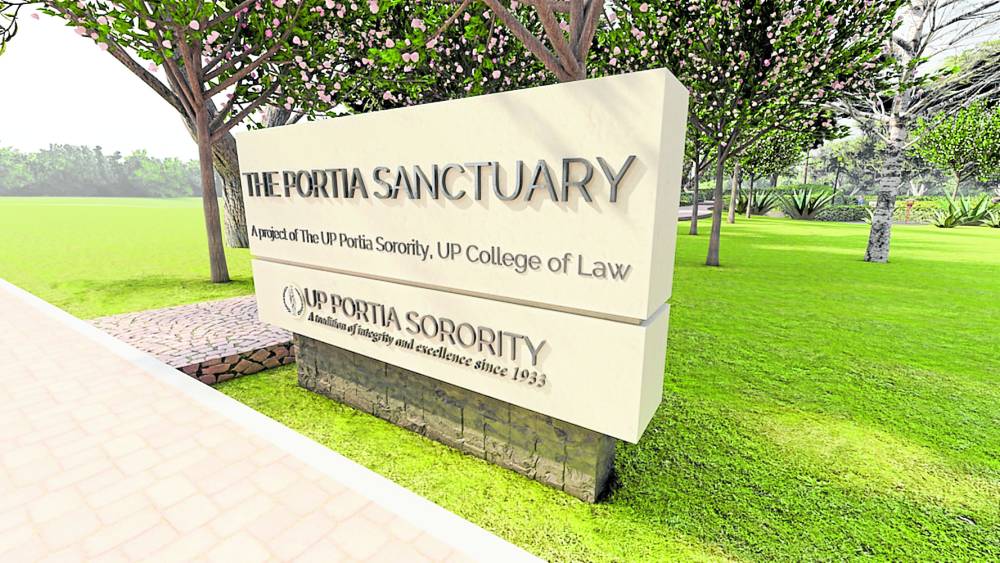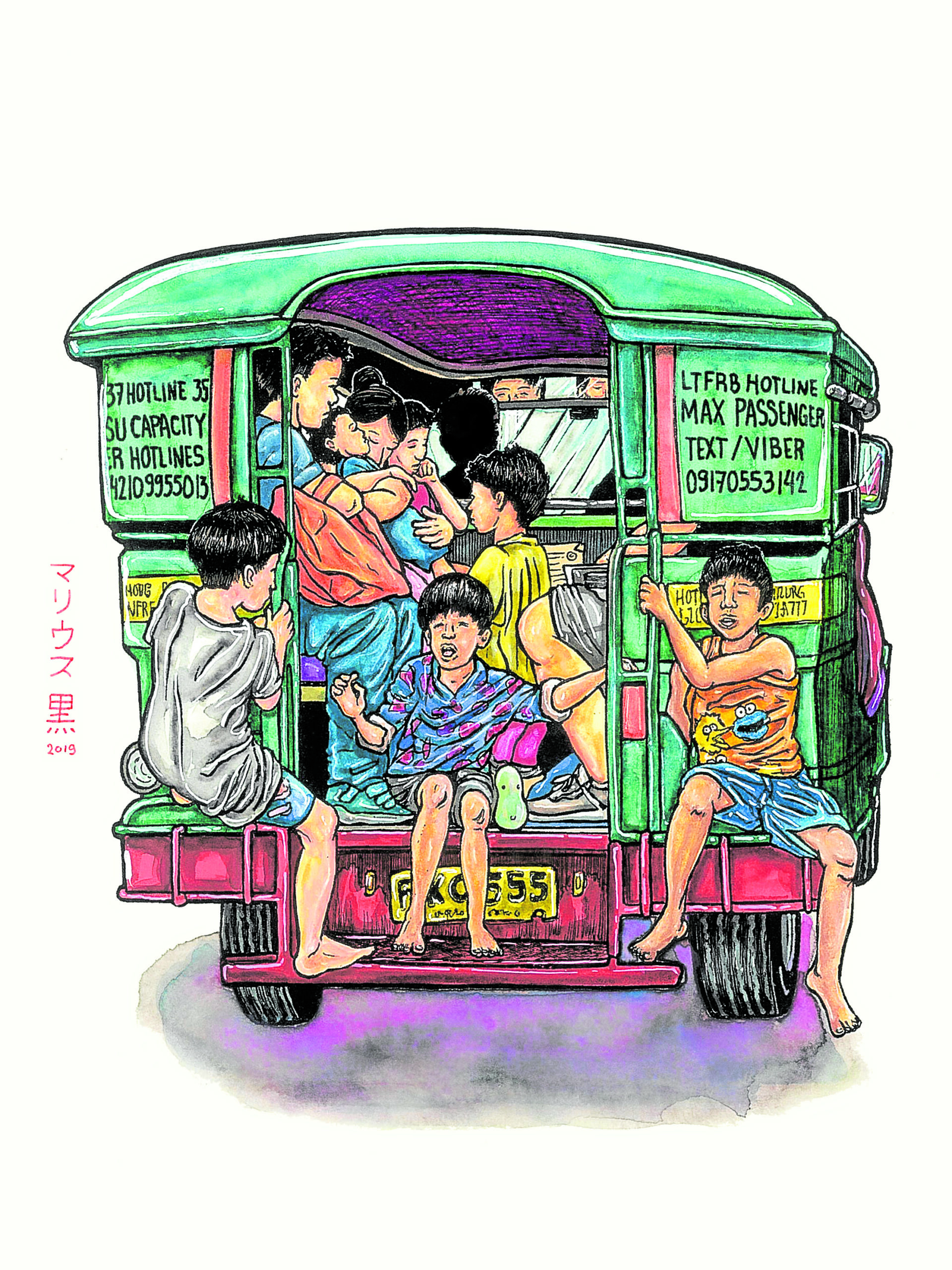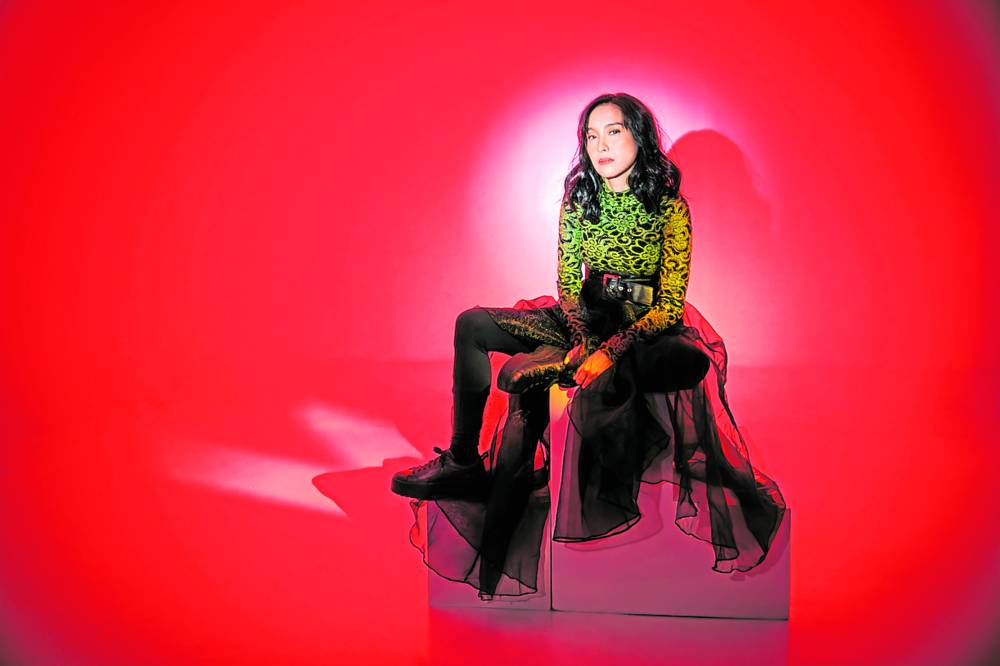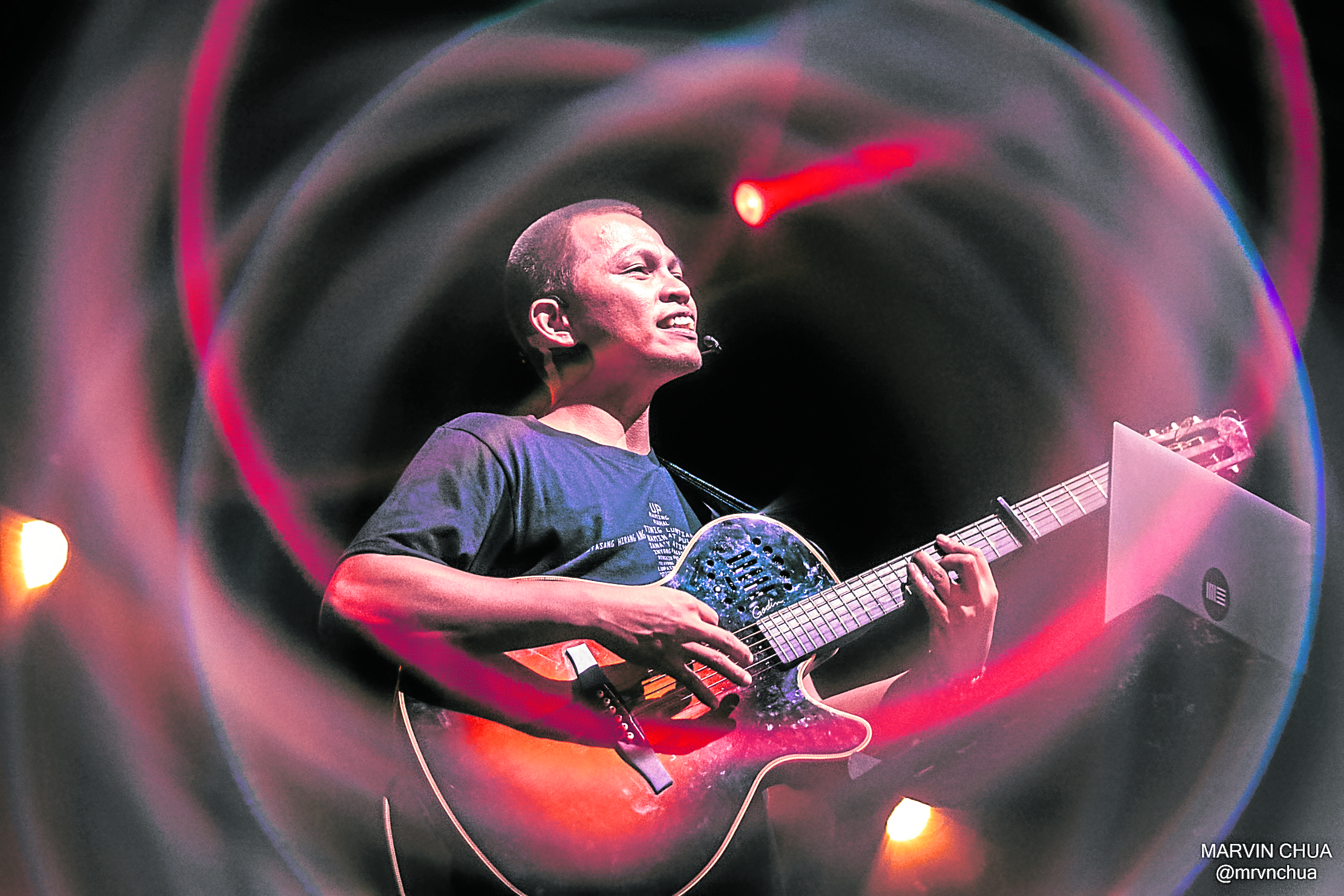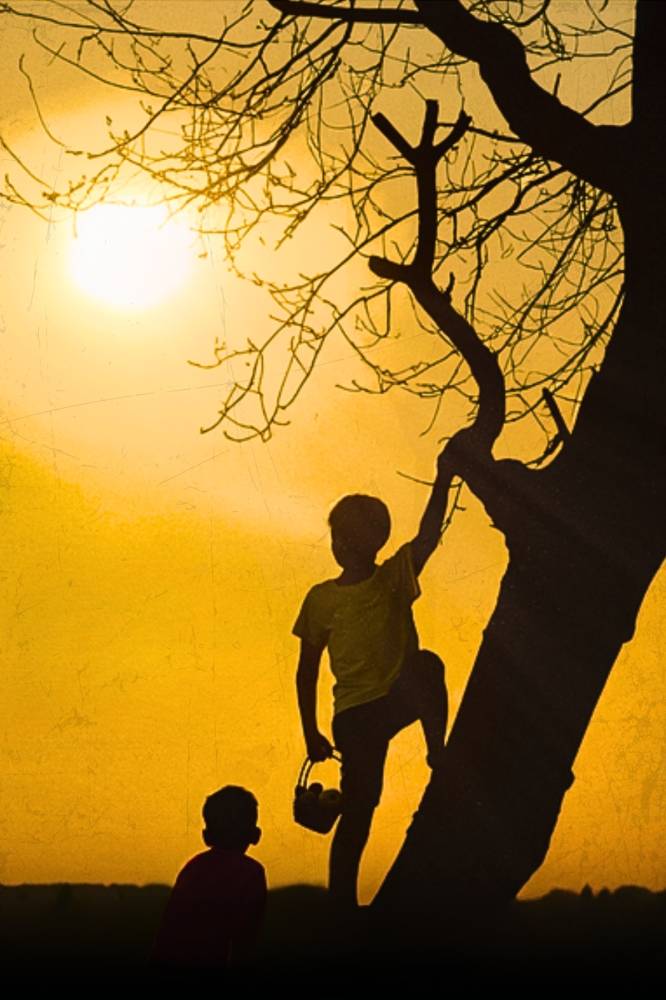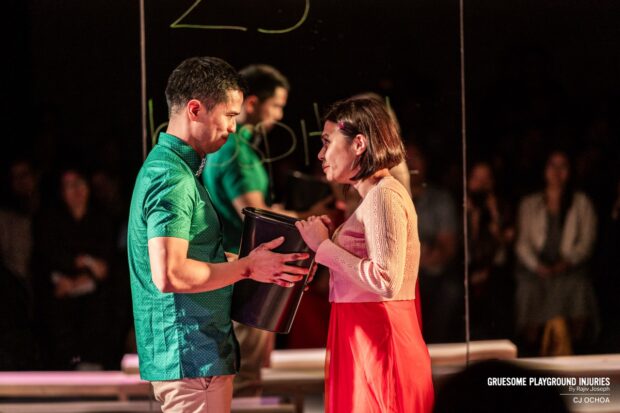 This December, De La Salle University JSD will host the “De La Salle Worlds” or “World’s Debates,” which is the debate equivalent of the Olympics. It is one of the largest academic gatherings in the world, with participants from the 254 top universities of the world coming from 50 nations. Universities included are Harvard, Cambridge, Stanford, among others.
This December, De La Salle University JSD will host the “De La Salle Worlds” or “World’s Debates,” which is the debate equivalent of the Olympics. It is one of the largest academic gatherings in the world, with participants from the 254 top universities of the world coming from 50 nations. Universities included are Harvard, Cambridge, Stanford, among others.
The De La Salle Worlds preliminary rounds will be held on Dec. 29-31, 9 a.m. to 6 p.m., at the De La Salle University Manila (entrance cost P50), while the semi and grand finals will be on Jan. 3, 5 to 8 p.m., at the Philippine International Convention Center (entrance cost P150).
The grand finals will also be aired live on National Broadcasting Network (NBN) Channel 4.
To get to either the preliminaries and/or the finals, please visit www.dlsuworlds.com, which also provides instructions on how to get tickets. Or e-mail [email protected].
Intelligent discussion
When we usually hear the word debate, we think of two people arguing violently, trying to overpower each other’s already loud voices. We’d rather be in a relaxed environment, and yes, we’d rather not waste our time on stuff we don’t even care about or won’t benefit us.
Dino de Leon, the convener of the De La Salle Worlds, describes debate differently. For him, it’s an intelligent “discussion where people talk about the sides regarding a particular issue or topic…. Debate is the cornerstone of democracy.” It’s a great avenue by which to raise concerns, opinions and facts. In fact, debate is what our senators, congressmen and policy-makers do when they make laws or policies.
It’s not enough to discuss things, though. For as De Leon says, “Bad policies come from badly debated topics.” If we, as a nation, want to improve the policies we have, as early as now we must learn to discuss our topics well, we must learn to debate well. We can have a head start with that by watching good debates.
Global mindset
De La Salle Worlds aims to expose Filipinos to the best young minds in the world, coming from different cultures, world views and thinking. Many of the great debaters of yesterday have become today’s CEOs, prime ministers and world leaders. So if you go to De La Salle Worlds, chances are you’d be meeting and learning from incoming world leaders—maybe the next prime minister of Thailand, the next CEO of that big multinational company, or maybe even the next president of the United States!
Learning from these people will equip the Filipino youth to make our country more progressive and enable them to compete with the rest of the world’s youth. It would be, at the very least, a great learning experience for both students and professionals.
15 topics
There are a minimum of 15 world debate topics, ranging from business and economics to fashion and many more. The audience will also have a chance to interact with the debaters.
“We are a hospitable race,” says De Leon, “but that should not take first place before asserting our ideas. We must raise our ideas. If we want to improve, we have to let our ideas out. Filipinos are expressive by nature. But when they talk about serious stuff, they don’t talk. They should extend their expressive nature to intellectual discussions. Our nation’s collective wisdom and wealth of experiences is really something worth listening to.”
So—do come to this event. Contribute to Philippine development by learning to debate well today.












